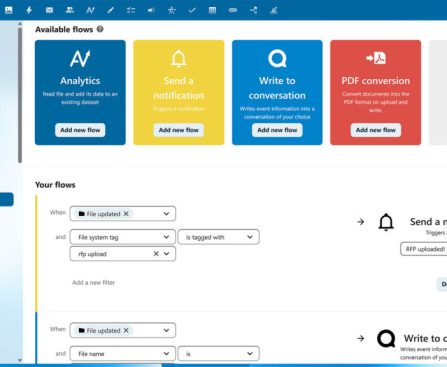exhibited by smart TV and display producers, providing consumers with insight into future directions. Altogether, these producers are moving away from specific practices or opportunities that have become unprofitable in favor of methods and applications that yield better returns. This is essentially what is transpiring with conventional IPS TV panels.
While they remain fairly affordable, entry-level IPS panels have drawbacks regarding contrast ratios, particularly with genuine blacks and darker shades, and despite improvements in response times, they still do not match other technologies. Premium IPS technologies that tackle some of these challenges either fail to deliver sufficient benefits to warrant the price, or there are superior alternatives, like Mini LED or OLED.
Additionally, what IPS excels at, such as providing outstanding color precision or wide viewing angles, other technologies replicate equally well, if not more effectively. OLED, for example, stands out as a prime option for rich and colorful imagery in gaming, films, and contemporary entertainment—OLED screens also enhance motion performance and offer improved contrast. It’s not that television manufacturers have entirely abandoned IPS technologies, but they have primarily redirected their attention to more advantageous choices.











